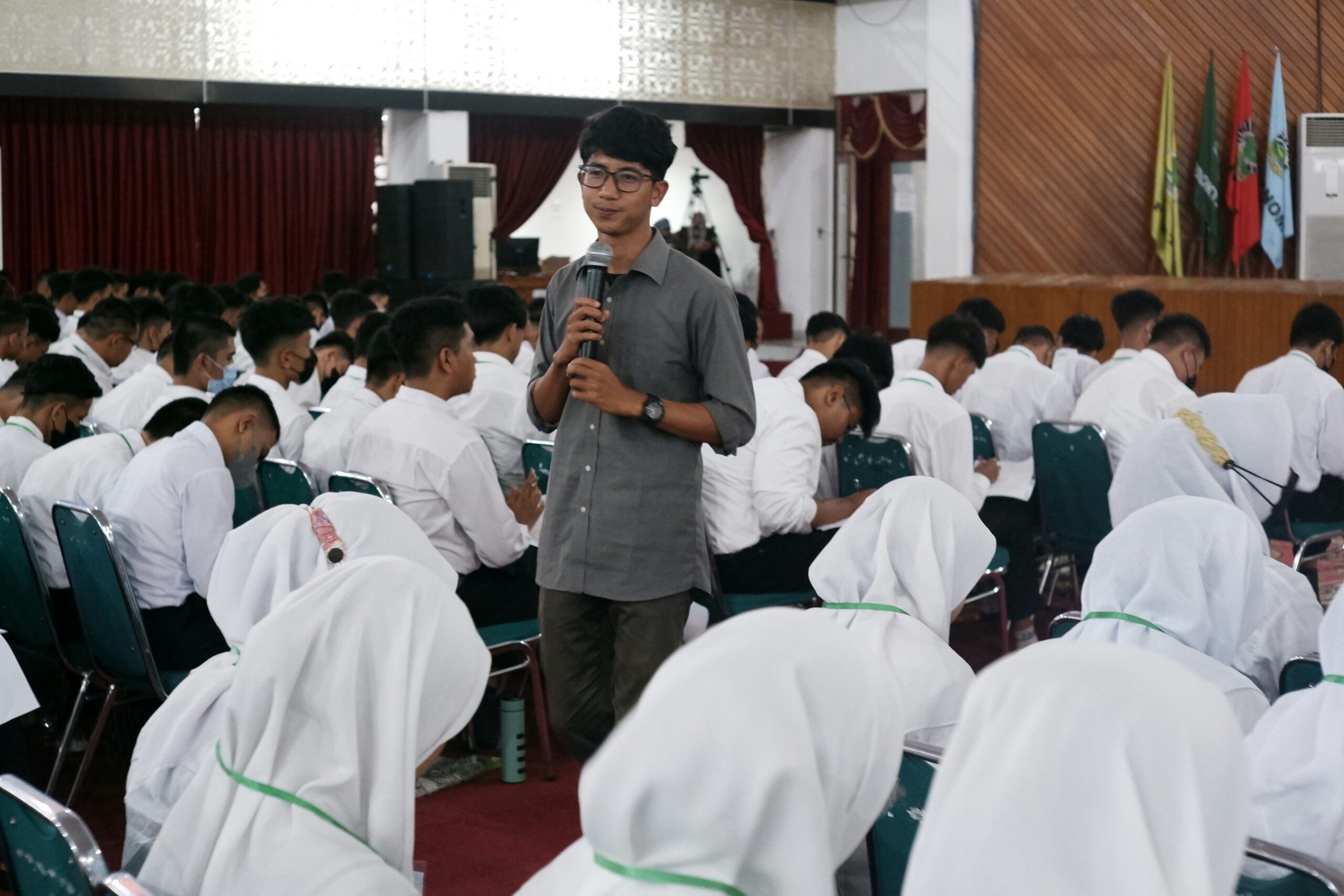
In an increasingly complex and interconnected world, students’ voices have become essential to global policy and strategic decision-making. Once viewed merely as learners, today’s students actively contribute to discussions shaping societies and economies’ future. Their perspectives, grounded in diversity, innovation, and optimism, influence how global challenges are understood and addressed.
Students represent more than just the next generation—they embody the present generation’s most dynamic force for change. Their insights into technology, sustainability, education, and human rights offer fresh approaches to old problems. By empowering students to participate in global policymaking, the world gains access to creativity, courage, and collaboration that can drive meaningful, lasting progress.
Education as a Platform for Global Awareness
Education is not only about acquiring knowledge—it is about developing awareness, empathy, and strategic thinking. Modern education systems encourage students to engage with international issues such as climate change, economic inequality, and global health crises. This exposure allows them to understand the interdependence of nations and the importance of collective problem-solving.
Through international programs, model United Nations conferences, and cross-border research projects, students gain firsthand experience with global governance structures. They learn how policies are created and how strategic decisions affect millions of lives. As education evolves to prioritize critical thinking and civic responsibility, students become equipped to observe and participate actively in shaping global policy.
Fresh Perspectives in Strategic Decision-Making
Students’ most significant asset to global decision-making is their ability to think differently. Unburdened by entrenched political systems or rigid hierarchies, students approach challenges with curiosity and creativity. They are willing to question established norms and propose bold, forward-thinking alternatives that seasoned policymakers may overlook.
This fresh perspective is particularly valuable in areas like technology, sustainability, and social justice, where innovation is essential. Student-driven initiatives—such as advocacy campaigns, research collectives, and startups—often inspire policy shifts at local and international levels. Governments and institutions can tap into a reservoir of untapped potential that bridges the gap between idealism and implementation by involving students in strategic discussions.
The Role of Youth in Advocacy and Diplomacy
Students have proven themselves as powerful advocates on the global stage. From climate movements to human rights campaigns, they are mobilizing peers and communities to demand accountability from leaders. Their activism has raised awareness and influenced international agendas, prompting governments and organizations to prioritize sustainability, equality, and inclusivity.
Student-led diplomacy is also reshaping the way countries interact. Youth delegations and forums create opportunities for cross-cultural dialogue and negotiation. Students learn to balance passion with diplomacy by participating in these platforms, developing the communication skills essential for future leadership. Their engagement ensures that global strategies reflect the voices of those most affected by tomorrow’s policies.
Technology and the Amplification of Student Voices
Digital technology has given students an unprecedented platform to influence global policy discussions. They can instantly share their ideas with a worldwide audience through social media, virtual conferences, and online campaigns. This accessibility has democratized participation, allowing students from all backgrounds to contribute to global discourse.
The digital landscape also enables collaboration across borders. Students are forming online think tanks, innovation hubs, and advocacy networks to tackle global challenges collectively. By leveraging technology, they transform dialogue into action—turning online conversations into real-world change. Their ability to harness digital tools effectively has made them key players in shaping modern strategic thinking.
Ethical Awareness and Responsible Leadership
Students redefine leadership by grounding it in ethics, empathy, and responsibility. They are increasingly vocal about fairness, human rights, and environmental sustainability issues. Unlike traditional policymakers, many student leaders prioritize long-term well-being over short-term gains, offering a moral compass that global strategies often lack.
This ethical perspective is vital in addressing global crises such as poverty, climate change, and digital inequality. Student involvement ensures that strategic decisions consider economic and political interests and social and humanitarian implications. By including their voices in global discussions, societies can move toward more compassionate, inclusive, and sustainable governance.
The Power of Collaboration and Global Citizenship
Students are natural collaborators who thrive in diverse environments. International academic exchanges, youth summits, and volunteer programs allow them to connect with peers worldwide. These collaborations foster cultural understanding and promote global citizenship—a mindset that values cooperation over competition.
When students from different nations unite around shared causes, they transcend borders and ideologies. Their joint projects often serve as blueprints for future diplomatic and economic alliances. By working together across boundaries, students are modeling the global unity that strategic leaders must embrace to tackle shared challenges effectively.
Preparing for Future Leadership in Global Policy
Empowering students to engage in policymaking today lays the foundation for more decisive leadership tomorrow. Mentorship programs, youth advisory boards, and policy fellowships allow students to gain practical experience while contributing fresh insights. These opportunities prepare them to step into influential roles where their voices can shape long-term strategies.
Governments and institutions investing in youth inclusion invest in stability and innovation. The world ensures continuity in adaptive, inclusive, and visionary leadership by fostering environments where student ideas are valued. Preparing students for this responsibility guarantees that global policy will evolve with wisdom and agility.
Student voices matter because they embody the values, energy, and imagination needed to shape a more just and sustainable world. Their perspectives balance policymaking, blending innovation with ethics and vision with empathy. When students are invited to the global table, decisions become more representative of the future they will inherit.
Including student voices in global policy is not just an act of empowerment but a strategic necessity. Their insights, creativity, and courage are vital to solving the world’s most complex challenges. As students continue to lead with passion and purpose, they remind us that meaningful progress begins with listening, learning, and acting together for the common good.